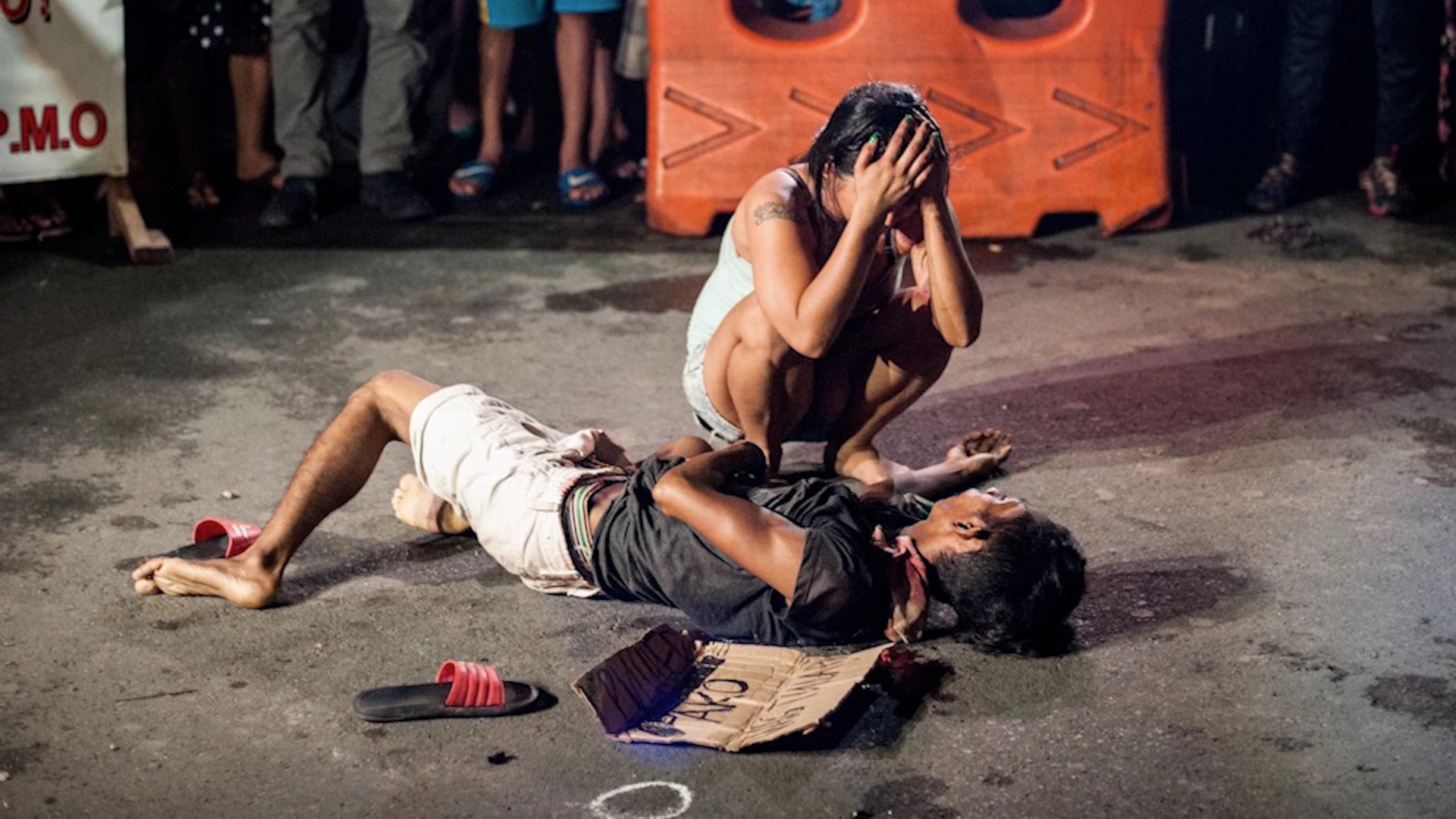Philippines President Rodrigo Duterte placed a massive bounty on the heads of convicted felons who were accidentally freed — and he said he’d prefer they be brought in dead.In the three years Duterte has been in power, some 1,700 convicted murderers, rapists and drug criminals were set free by the prison system through a good behavior program for which they were not supposed to be eligible. It’s an embarrassing mistake for the strongman president elected on his brash promises to use violence clean up the streets.Duterte said there was a million peso ($19,175) bounty for tracking down each prisoner after fewer than 700 surrendered, according to Reuters. And bringing in corpses was just fine for the president.“The one million prize is available to those who can capture them dead or alive. But maybe dead would be a better option. I will pay you smiling,” he told reporters late Tuesday.Citing an internal prison document, Reuters reported that among those freed were 745 convicted rapists, 748 murderers and 156 drug criminals.READ: Duterte said “you must be stupid” if you think he’ll stand trial at the Hague for his drug warThe threats from Duterte aren’t empty. Under his leadership, the Philippines has carried out a bloody “war on drugs,” the police and others killing thousands of alleged users and dealers. Many of the deaths are alleged to be extrajudicial killings ordered by the state. Officially, at least 5,000 people have died in the “war,” while human rights officials estimate the real number could be closer to 27,000.READ: Philippine voters just handed Duterte a lot more powerOther government officials did their best to temper the latest threat from Duterte, however.“‘Dead or alive’ should not be taken literally,” Justice Secretary Menardo Guevarra told Reuters on Wednesday. “Law enforcers are supposed to effect peaceful arrests, but they may use reasonable force if the subject of the arrest violently resists.” Cover: Philippine President Rodrigo Duterte gestures as he addresses land reform beneficiaries on the 31st year of the implementation of the Comprehensive Agrarian Reform Program (CARP) Tuesday, Aug. 27, 2019 in suburban Quezon city northeast of Manila, Philippines. Duterte, who is embarking on his Fourth visit to China on Wednesday, has been facing criticisms for his alleged closeness with China as well as the thousands of killings in his so-called war on drugs. (AP Photo/Bullit Marquez)
Cover: Philippine President Rodrigo Duterte gestures as he addresses land reform beneficiaries on the 31st year of the implementation of the Comprehensive Agrarian Reform Program (CARP) Tuesday, Aug. 27, 2019 in suburban Quezon city northeast of Manila, Philippines. Duterte, who is embarking on his Fourth visit to China on Wednesday, has been facing criticisms for his alleged closeness with China as well as the thousands of killings in his so-called war on drugs. (AP Photo/Bullit Marquez)
Advertisement
